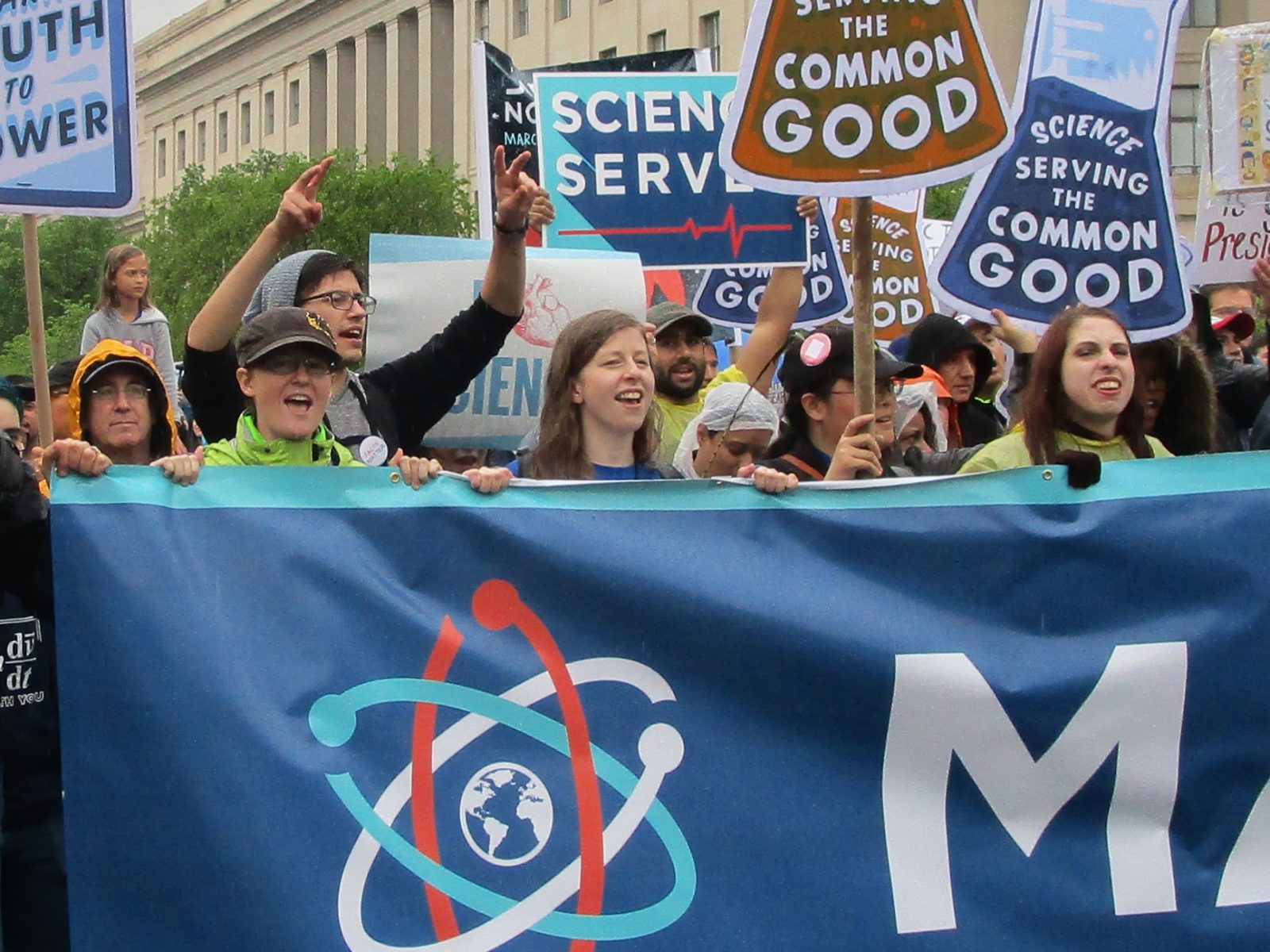Hello! I’m Kristen Gunther, and I recently joined the Wyoming Outdoor Council staff as a Conservation Advocate. I’ve long admired the Outdoor Council’s powerful legacy of conservation work throughout Wyoming, and I am thrilled to join this wonderful team.
Though I’ve lived in Wyoming for almost a decade, I grew up in Maryland, near the top of the Chesapeake Bay, in the middle of a forested state park cut through by a river. The opportunity to explore public lands built my perspective of the world, even as I watched my historically rural county face increasing development pressure. By the time I departed for college, hillslopes I remembered as family farms had been paved over. It taught me how quickly you can lose touch with the legacy of a landscape, and that you can’t take open spaces and functioning ecosystems for granted. You have to fight for their future.
After completing an undergraduate degree in English, environmental studies, and biology at Bowdoin College, I moved to Cheyenne as an AmeriCorps volunteer in 2009. I fell in love with Wyoming immediately, delighting in its wide open spaces and hidden nooks. I spent most of my first couple of years in the state hiking, climbing, and camping. I laid awake all night by Crazy Woman Creek listening to the roar of the snowmelt-powered stream. I picked my way down the Outlaw Cave trail to eat lunch in one of the Hole-In-The-Wall Gang’s hideouts. I snowshoed and mountain biked in the Laramie Range, spent my first day learning to untangle a fly rod near the shadow of Elk Mountain, and learned to love getting chewed up by the rough granite of Vedauwoo.
In 2010, I moved to Laramie to pursue graduate study in creative writing. After I finished my Master of Fine Arts degree at the University of Wyoming, I chose to return to science and pursue a PhD in ecology at UW with a focus on improving science communication. In particular, I was interested in strengthening communication between ecosystem scientists and the rangeland managers who incorporate emerging insights from research into new management practices on the ground. I spent much of my PhD in conversation with ranchers, Extension agents, local elected officials, Weed and Pest staff, and other decision-makers and stakeholders around the state.
That experience deepened my passion for Wyoming’s heritage and honed my appreciation for the ties that our communities have to the landscape.
It also made my commitment to advocacy stronger, and I increasingly found new footing for my belief that grassroots organizing has the power to create meaningful change. Most recently, in January of 2017, I worked on a global scale as a member of the national March for Science team. After a history-making march, I continued to serve as Director of Strategy, building lasting infrastructure to empower grassroots science advocacy and developing ongoing campaigns to connect supporters with their elected officials. The success we’ve seen from advocacy at multiple scales over the last year has helped further my dedication to empowering locally-driven engagement. It has shown me what can happen when a group of diverse stakeholders and communities come together to articulate a shared, transformative vision.
That’s why I’m so excited to join the Outdoor Council as a Conservation Advocate. I will be working directly with communities around the state on the conservation issues that unite us: protecting our public lands and the vibrant ecosystems that make Wyoming unique. I’ll also work to make sure we effectively communicate our conservation priorities to elected officials at all levels. I want the voices of Wyoming conservation advocates to be effective in decision-making that affects the quality of our environment and the future of our wild spaces.
Wyoming’s rugged beauty, vast public lands, and stunning array of habitats and ecosystems are unlike anything else in the world. Our communities live and work on these landscapes. They define our past, present, and future. I’m honored and excited to join a team committed solely to the enduring protection of Wyoming’s environment and quality of life.

